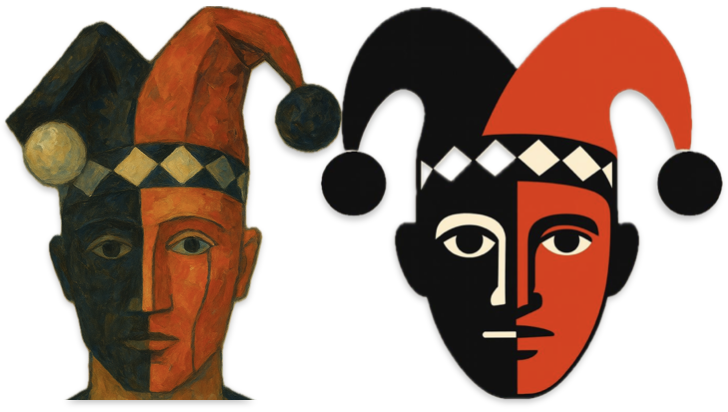It is the creation as such of those poets who have seized or often have invented their own means of production and of distribution. The autonomy of the poets is of singular importance here—not something we’ve been stuck with faute de mieux but something we’ve demanded as a value that must (repeat: must) remain first & foremost under each poet’s own control.
The model figure here—a hundred years before the Lower East Side works presented in these pages—was surely Walt Whitman, whose 1855 Leaves of Grass, self-published, was the work of his own hands as well as mind, from manuscript to printed book to first reviews ghost-written by the man himself. And contemporaneous with that, our second founding work was that of Emily Dickinson, who never would be published in her lifetime but, more secretly & privately than any, handwrote & stitched together a series of single-copy booklets (fascicles) as testimony to her own experiments with voice & line. Along with William Blake before them, she & Whitman are the poets of our language who first brought inspiration & production back together as related, undivided acts.
